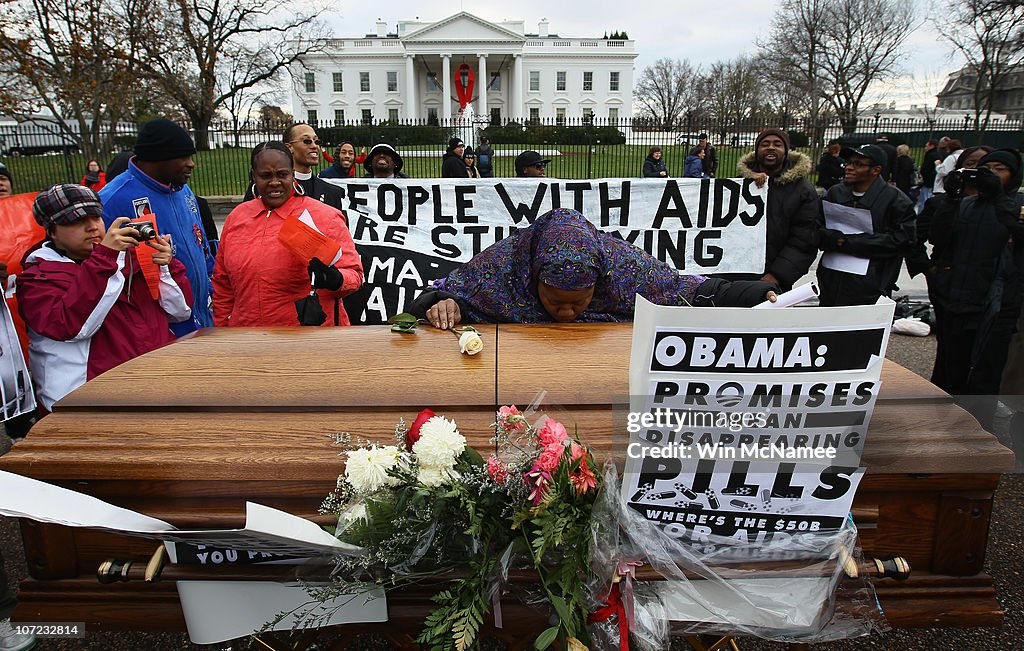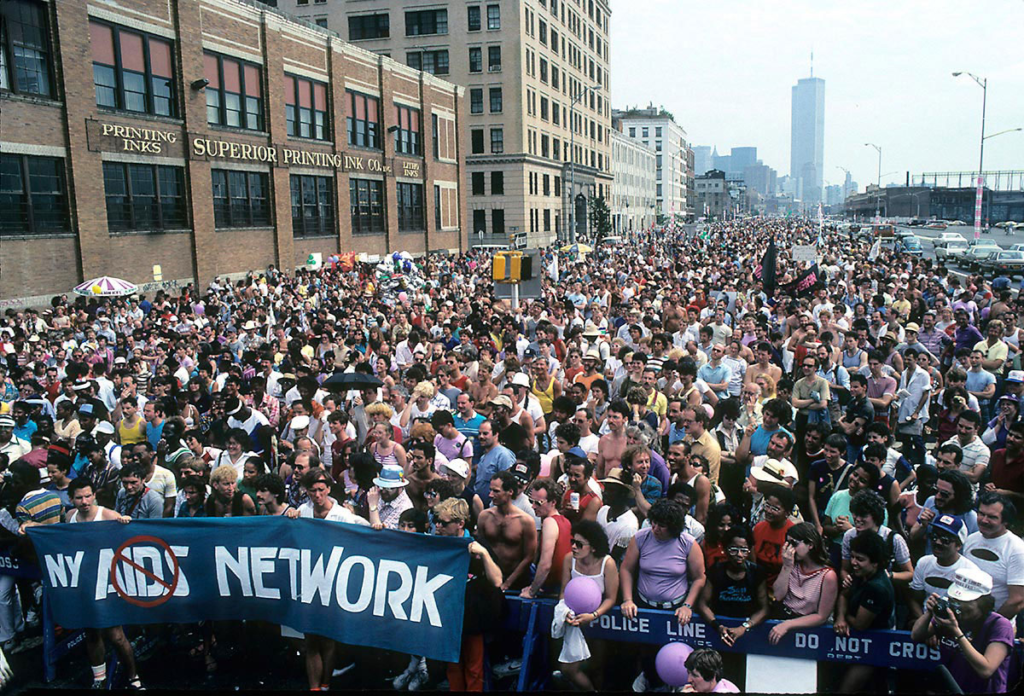Political funerals are not just solemn rituals of grief. They are moments when private loss becomes public power, and when mourning transforms into mobilization. Across history and cultures, the funeral of a political figure has often transcended its ceremonial purpose, becoming a rallying point for social change. These events carry a unique charisma, where memory, symbolism, and collective emotion merge to form movements that outlast the lives of the departed.
Understanding the charismatic power of political funerals helps explain how societies turn tragedy into transformation. It also shows how political actors, activists, and communities use death not as an end, but as a catalyst for new beginnings.
The Unique Nature of Political Funerals
Unlike ordinary memorials, political funerals serve multiple roles. They honor the life of the deceased, but they also act as a stage for political messaging, solidarity, and protest. These funerals can unite communities, amplify voices of dissent, and crystallize ideas that may have seemed scattered before.
The power of political funerals lies in their ability to draw mass participation. Mourners are not just attending to pay respect—they are also engaging in an act of collective identity. Shared grief becomes shared purpose, giving movements a moral authority rooted in sacrifice.

Historical Roots of Political Funerals
Political funerals have shaped history in profound ways. In ancient societies, the death of leaders was often ritualized to reinforce the legitimacy of successors. But in modern contexts, funerals have increasingly become platforms for resistance, solidarity, and change.
One powerful example is the funeral of Martin Luther King Jr. in 1968. His assassination shocked the world, but his funeral turned into a massive public demonstration of grief and determination. For many, it became a turning point that reinforced the urgency of the civil rights struggle.
Similarly, the funeral of Nelson Mandela in 2013 was not just a national event but a global spectacle. It symbolized the triumph of the anti-apartheid movement and showcased how a leader’s legacy could unite not only a country but also the international community.
Political Funerals as Catalysts for Movements
Political funerals often act as catalysts that ignite broader political or social movements. They can transform fragmented discontent into unified action. This happens for several reasons:
- Symbolism of Sacrifice: Death can elevate a political figure into a martyr, giving their cause renewed strength and urgency.
- Emotional Mobilization: Funerals channel collective grief into collective action. The intensity of emotion often overcomes hesitation or fear.
- Media Attention: Political funerals attract widespread coverage, amplifying messages that might otherwise go unheard.
- Moral Legitimacy: A funeral can provide a moral high ground, framing a cause as one of justice and dignity.
For example, in Ireland during the Troubles, funerals of political activists frequently became demonstrations of resistance. What began as memorials often escalated into larger movements for political rights and independence. Similarly, in South Korea, the funeral of former president Roh Moo-hyun in 2009 sparked protests that reshaped political discourse in the country.
The Charismatic Power of Leaders in Death
The death of a leader often magnifies their charisma. In life, they may have been controversial, but in death, their image becomes simplified into powerful symbols of courage, sacrifice, or resistance. This symbolic power allows movements to rally under a unifying figure even after they are gone.
Political funerals often sanctify leaders, placing them in the pantheon of national or cultural heroes. This phenomenon blurs the line between memory and myth, giving movements a lasting emotional anchor. The charisma of the deceased becomes a renewable source of energy for activism.
Funerals as Stages for Protest
Funerals are also moments when political dissent can be expressed in ways that are difficult for authorities to suppress. Because funerals are sacred and carry moral weight, attempts to silence mourners often backfire, drawing even greater sympathy to their cause.
During authoritarian regimes, political funerals have frequently become flashpoints of resistance. In Chile under Pinochet’s dictatorship, funerals of victims of state violence turned into demonstrations against repression. Similar patterns have emerged in countries from Myanmar to Iran, where funerals transform into protests demanding justice.
Internal Conflicts Within Political Funerals
While political funerals often unify, they can also expose divisions. Competing factions may disagree on how to frame the legacy of the deceased or how to carry forward their vision. Family members, political allies, and grassroots activists may all have different interpretations of what the leader stood for.
For instance, the funeral of Yasser Arafat in 2004 symbolized Palestinian unity, but it also highlighted internal divisions within Palestinian politics. Such tensions remind us that political funerals are not neutral events but contested spaces where legacies are negotiated.
The Role of Media in Shaping Narratives
Media plays a crucial role in amplifying the power of political funerals. Televised coverage, photographs, and live reporting turn local funerals into global events. Images of grieving crowds or symbolic gestures can become iconic, shaping how history remembers the moment.
In today’s digital age, social media has further amplified this effect. Hashtags, live streams, and viral videos ensure that political funerals are not confined to one place but resonate worldwide. This global reach strengthens movements by connecting local struggles to international audiences.
Political Funerals and Collective Memory
Beyond immediate mobilization, political funerals contribute to the long-term shaping of collective memory. They become reference points in history, moments that are remembered as turning points. Annual commemorations, memorial sites, and cultural references keep these funerals alive in public consciousness.
Over time, the funeral itself can become as important as the life of the deceased in shaping a movement’s identity. The way a society remembers its martyrs and leaders often determines the trajectory of its political culture.

When Funerals Fail to Spark Movements
Not every political funeral leads to a movement. In some cases, efforts to politicize funerals fall flat, either because the figure lacked widespread support or because the state successfully contained public expression. Understanding these failures is just as important as studying the successes.
For example, if a leader is too polarizing, their funeral may reinforce divisions rather than unity. Likewise, if media coverage is restricted, the wider public may not connect emotionally with the event. These cases highlight the delicate balance between grief, symbolism, and politics.
Lessons for Today
The study of political funerals offers valuable lessons for today’s world, where political polarization and social unrest are common. These events show that public mourning is not only about honoring the dead but also about shaping the living. Funerals can strengthen movements, redefine national identity, and even challenge governments.
For activists and leaders, political funerals remind us of the power of narrative, symbolism, and collective emotion. For societies, they reveal how deeply politics and culture are intertwined, even in moments of grief.
Conclusion
Political funerals hold a unique place in history and society. They transform loss into momentum, grief into resistance, and memory into movement. Whether they unite communities or expose divisions, they carry a charismatic power that few other events can match.
From the streets of civil rights America to the anti-apartheid struggle in South Africa, from conflict zones in the Middle East to protests in Asia, political funerals have shown time and again that death can spark new life for a cause. They are moments when memorials become movements, ensuring that the voices of the departed continue to echo in the struggles of the living
Do Follow USA Glory On Instagram
Read Next – Healthcare Budget Battles Threaten Medicaid and ACA






